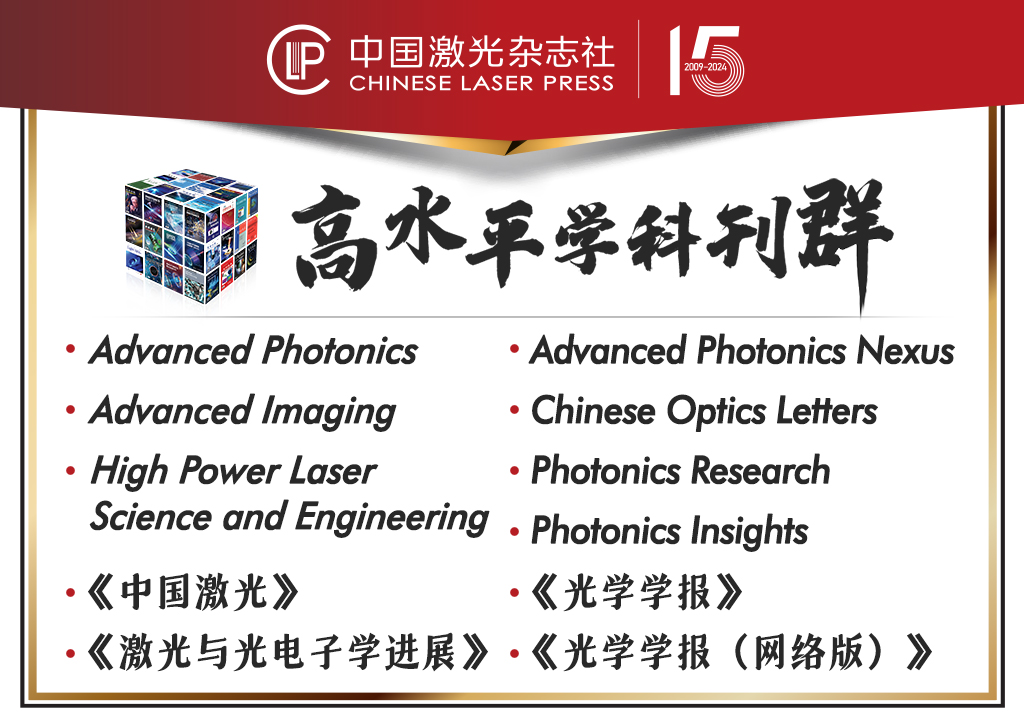光学学报, 2017, 37 (10): 1006001, 网络出版: 2018-09-07
基于优化神经网络算法的光纤布拉格光栅电流传感器的温度补偿  下载: 872次
下载: 872次
Temperature Compensation of Fiber Bragg Grating Current Sensor Based on Optimized Neural Network Algorithm
光纤光学 电流传感器 温度补偿 神经网络 遗传算法 K折交叉验证 fiber optics current sensor temperature compensation neural network genetic algorithm K fold cross validation
摘要
应变和温度的改变能够使光纤布拉格光栅(FBG)反射波的中心波长产生漂移,FBG与超磁致伸缩材料的结合可以用于测量电流,但是温度和应变的交叉敏感严重影响测量电流的精度。神经网络具有强大的非线性映射能力,能够自适应地发现传感器的内部规律,从而对温度进行有效补偿。针对神经网络容易陷入局部极小值的问题,采用遗传算法优化神经网络的权值和阈值,以在全局范围内更快速、准确地找到权值和阈值的最优解。针对样本较少的问题,采取K 折交叉验证的方法提高网络预测的可靠性。经实验验证,优化的神经网络对电流预测的均方误差为0.0038,提高了FBG电流传感器的测量精度。
Abstract
The changes of temperature and strain will cause the center wavelength drift of fiber Bragg grating (FBG) reflection wave. The FBG can be combined with giant magnetostrictive material (GMM) to measure the current, but the cross sensitivity of temperature and strain seriously affects the accuracy of the current measurement. The neural network has strong nonlinear mapping ability, which can adaptively find out the internal law of the sensor to compensate the temperature effectively. For the problem of neural network is easy to fall into the local minimum, the genetic algorithm is applied to optimize weights and thresholds of neural network and find the optimal solution of weights and thresholds quickly and accurately. In order to improve the reliability of the network prediction, the K fold cross validation method is used to solve the problem of small sample size. The experimental results show that the mean square error of the optimized neural network for current prediction is 0.0038, which improves the measurement accuracy of FBG current sensor.
孙诗晴, 初凤红. 基于优化神经网络算法的光纤布拉格光栅电流传感器的温度补偿[J]. 光学学报, 2017, 37(10): 1006001. Shiqing Sun, Fenghong Chu. Temperature Compensation of Fiber Bragg Grating Current Sensor Based on Optimized Neural Network Algorithm[J]. Acta Optica Sinica, 2017, 37(10): 1006001.







